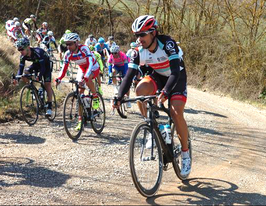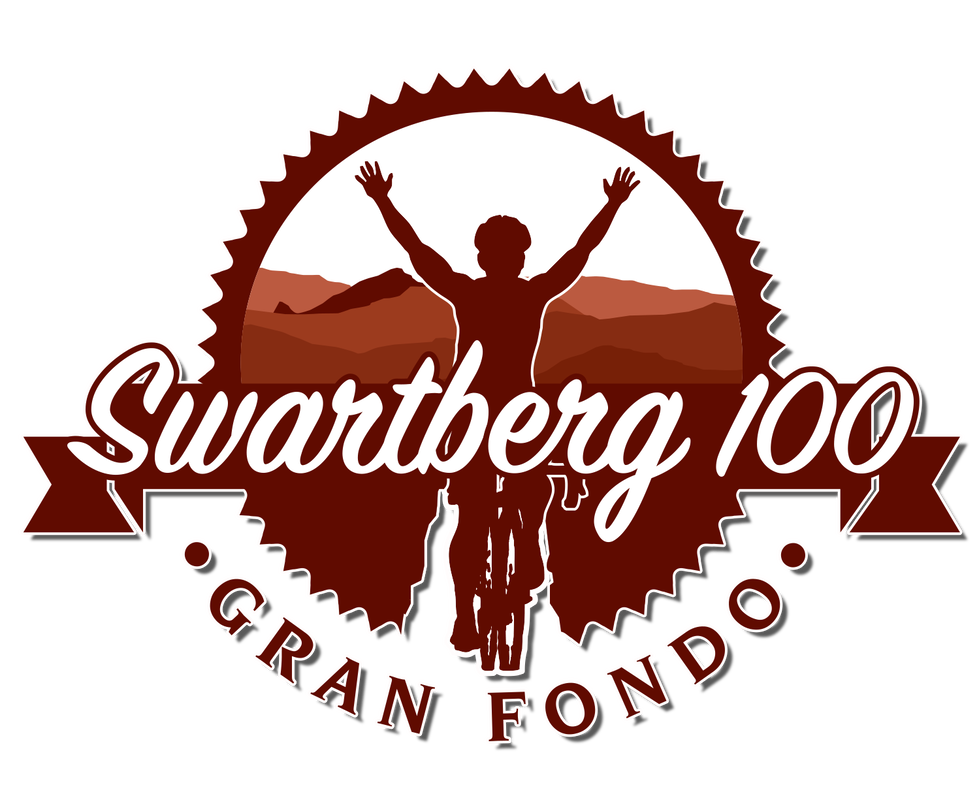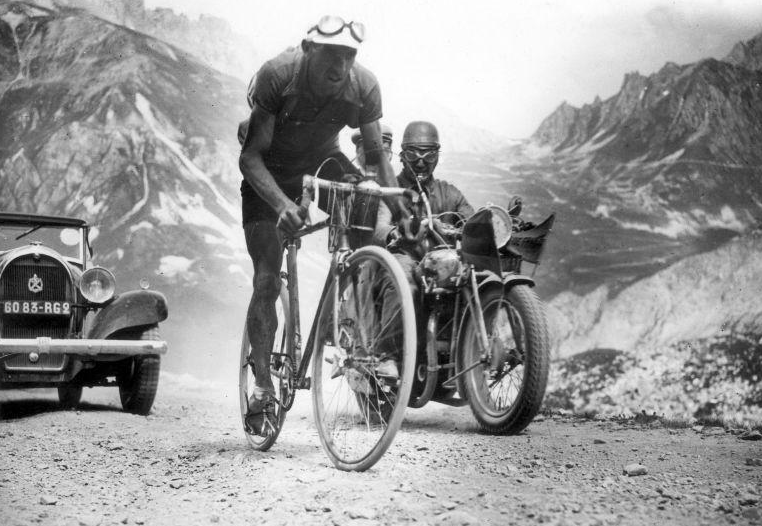Why a Gran Fondo? |
|
An Italian Tradition....
The term "Gran Fondo" loosely translated in Italian means "Big Ride" or "Big Challenge" another name that is commonly used for an event of this type is "Cyclosportive", these events always involve long distances with tough climbs on difficult terrain that includes cobblestones or gravel sectors. The first Gran Fondo was the Nove Colli, held on July 12, 1970 in Cesenatico, Italy, home of Marco Pantani. Nove Colli means "Nine Hills". The Nove Colli now hosts 13500 riders every year, it is truly a race for everyone, professionals, amateurs and leisure cyclists alike. |

Gran Fondos are run on challenging courses that are usually between 120 km and 200 km and have between 2000m and 4000m of vertical climbing. Most events also offer a shorter and easier version.
They are run like normal bike races. They have lead and follow cars or motorbikes, traffic marshalls, safety escort, police escort as well as technical and medical assistance. Aid stations along the course replace team cars.
The Eroica Strade Bianche ("Heroic race of the white gravel roads") was created in 1997 as a Gran Fondo, a recreational bike race for vintage bikes only, on the white gravel roads around Siena in Tuscany, Italy, an event that is still held annually the day after the professional race that has been named the "Strade Bianche". Fabian Cancellara has won this event twice, the field always contains top professionals from the road racing scene.
The Strade Bianche starts in San Gimignano and ends in Siena, it covers 176 km of which there are nine gravel sectors totalling 52.8 km.
The Swartberg100 Gran Fondo starts and ends in Prince Albert, arguably one of the most attractive Karoo towns in South Africa, it covers 170 km of which there are 3 gravel sectors covering 79 km. The final climb is over the gravel Swartberg Pass, a relentless climb of 28 km, the last 8 km being on gravel with gradients of 13% in places.
The Swartberg100, in true South African tradition, is one of the toughest Gran Fondo's in the world. We have created a course that goes back to the days of old when mountain passes were all gravel and brave cyclists climbed them on single speed bikes weighing in at 16 kg. A course that allows us to pit our modern training knowledge and technology against an old foe, a road surface that isn't always friendly.
They are run like normal bike races. They have lead and follow cars or motorbikes, traffic marshalls, safety escort, police escort as well as technical and medical assistance. Aid stations along the course replace team cars.
The Eroica Strade Bianche ("Heroic race of the white gravel roads") was created in 1997 as a Gran Fondo, a recreational bike race for vintage bikes only, on the white gravel roads around Siena in Tuscany, Italy, an event that is still held annually the day after the professional race that has been named the "Strade Bianche". Fabian Cancellara has won this event twice, the field always contains top professionals from the road racing scene.
The Strade Bianche starts in San Gimignano and ends in Siena, it covers 176 km of which there are nine gravel sectors totalling 52.8 km.
The Swartberg100 Gran Fondo starts and ends in Prince Albert, arguably one of the most attractive Karoo towns in South Africa, it covers 170 km of which there are 3 gravel sectors covering 79 km. The final climb is over the gravel Swartberg Pass, a relentless climb of 28 km, the last 8 km being on gravel with gradients of 13% in places.
The Swartberg100, in true South African tradition, is one of the toughest Gran Fondo's in the world. We have created a course that goes back to the days of old when mountain passes were all gravel and brave cyclists climbed them on single speed bikes weighing in at 16 kg. A course that allows us to pit our modern training knowledge and technology against an old foe, a road surface that isn't always friendly.




